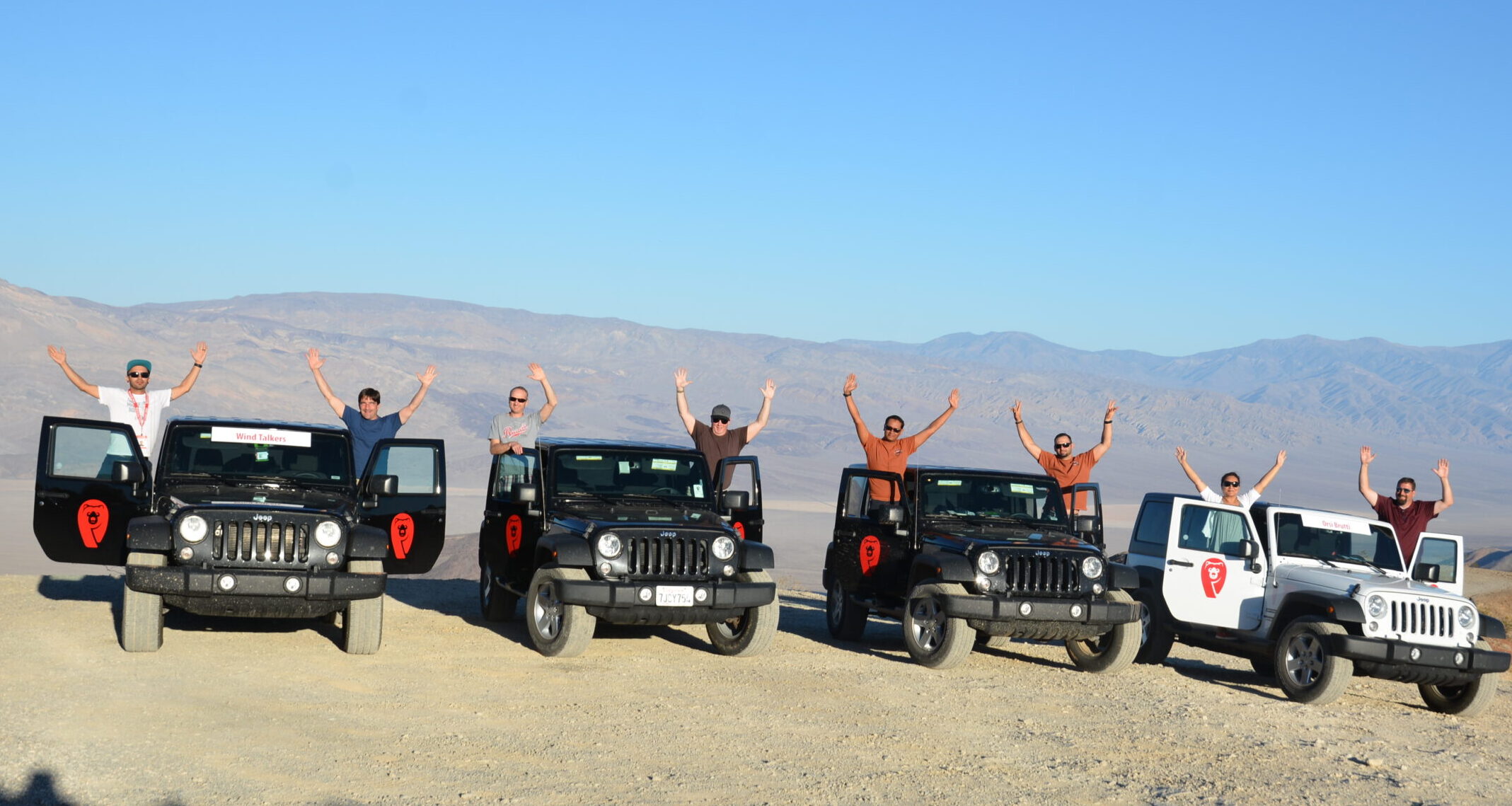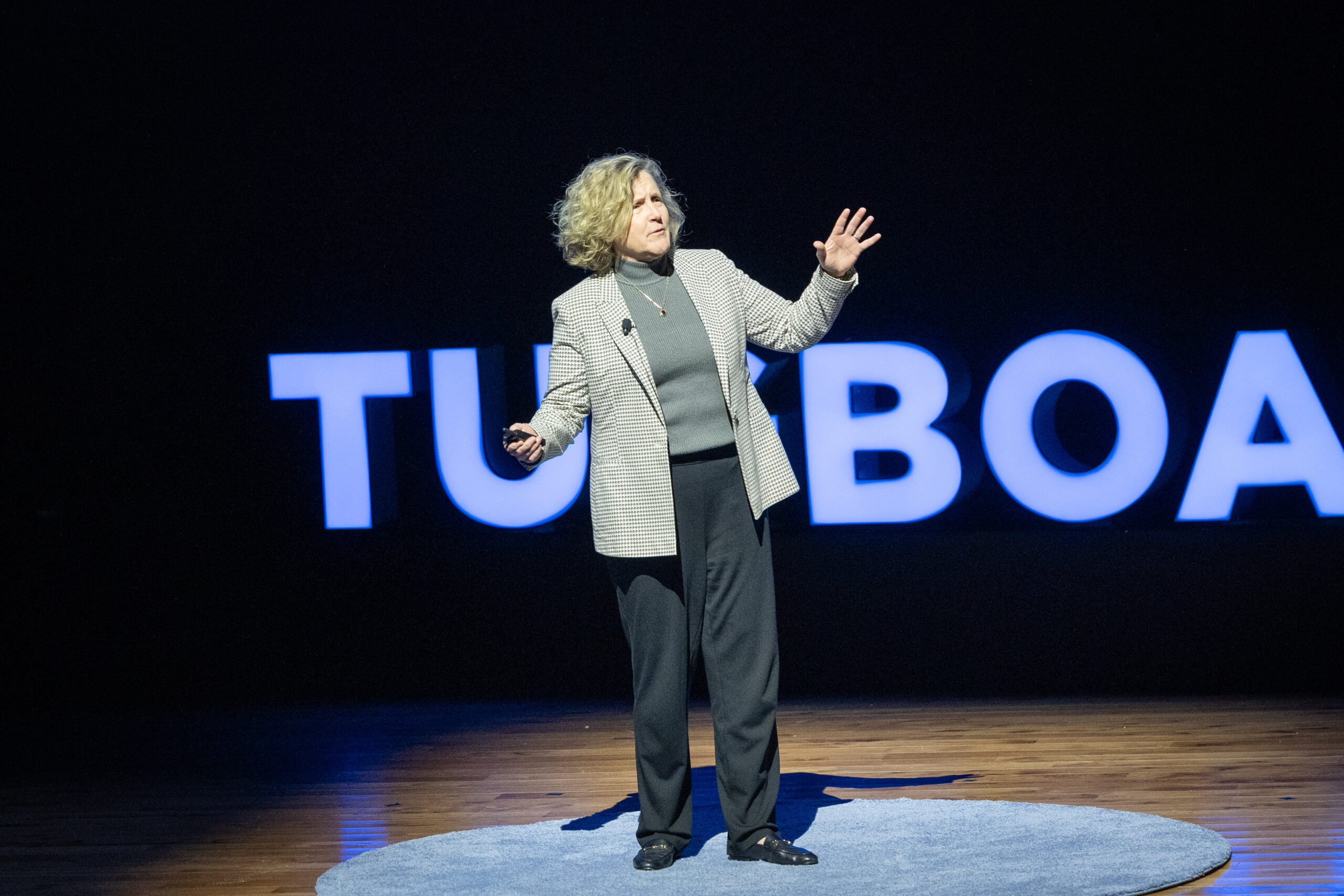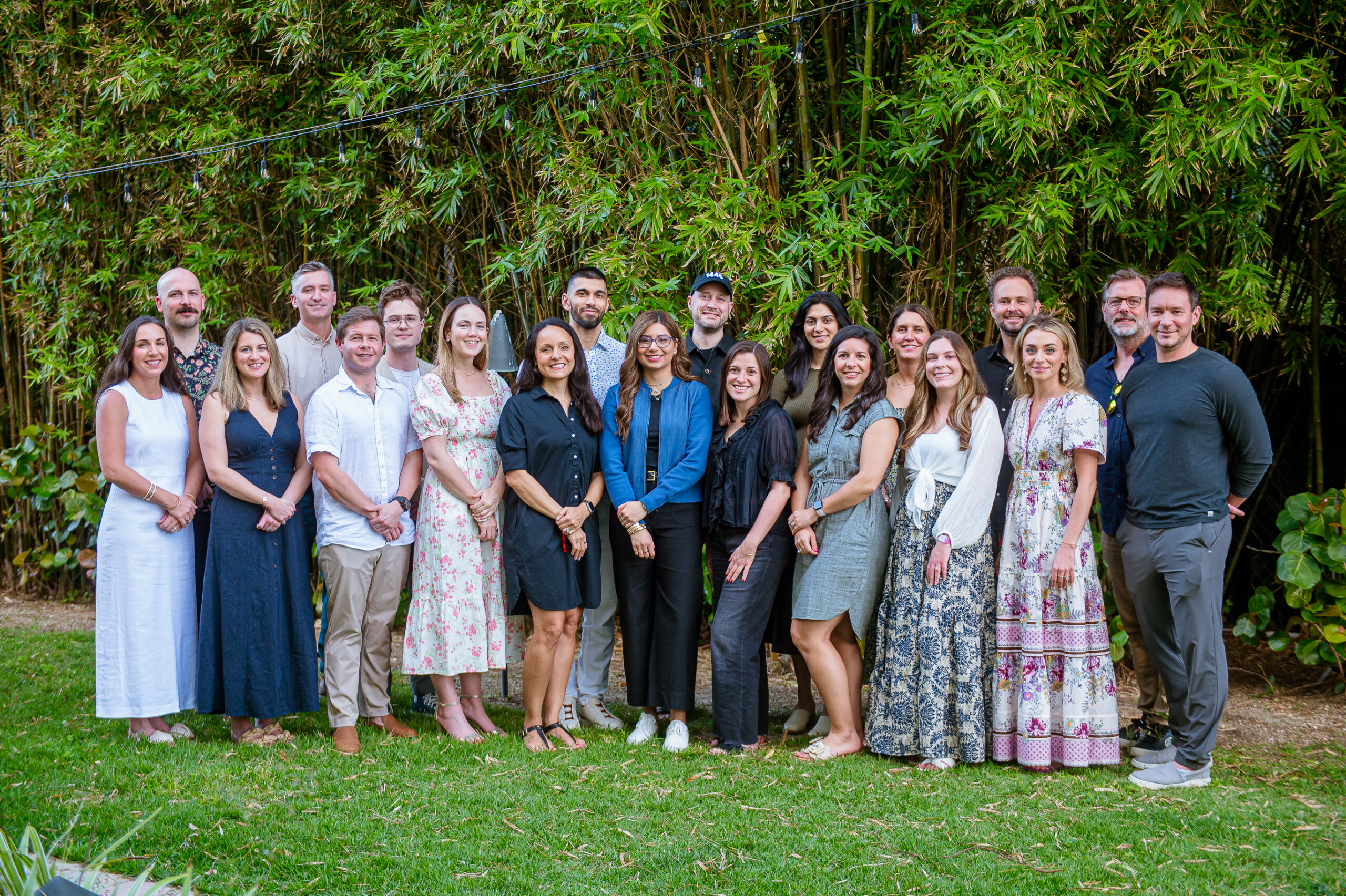

When What Got You Here Won’t Get You There
- Pierre Trapanese
- Northland Controls
I know many of you in the Tugboat Institute® community are familiar with Doug Tatum’s No Man’s Land. For those who are not, here is a brief explanation.
As companies move to scale, they almost universally reach a place where they become “too big to be small, and too small to be big,” often between 150 and 200 employees. To survive, they need to take the leap and build toward becoming a larger, more complex organization. To do this, they must build the structures to support this new version of themselves. This is expensive, and further complicated by the fact that the investment is required before the new systems and processes can start generating the revenue and profit that will support them. Especially for an Evergreen® company that is committed to growing from its own fuel and not taking on outside investors, this can feel like a leap of faith.
I think about reaching No Man’s Land like this– it’s when you get to the point where, what got you here, won’t get you there. In 2018, we unknowingly found ourselves deep in No Man’s Land in a rapidly deteriorating business; the faster we grew, the faster we lost money. We were completely unprepared.
By 2018, Northland Controls, which supplies commercial security systems and solutions, had already been in the midst of No Man’s Land for two years, but far too busy to realize we were in trouble. In fact, we kept doubling down on what got us here. Superficially, our customers were the Who’s Who of Silicon Valley and we were growing. Under the hood, our employees were stressed, our quality was deteriorating, we were missing deadlines, our bank was nervous, and our best customer called to ask what was going on.
The response from my team? “Don’t worry, we’ve got this.” But we didn’t have this at all.
In the short-term, we focused on what we knew– working hard and executing flawlessly. Our tactics were our strategy. It was enough to stop the bleeding and buy us some time, but it did not get us out of the inflection point. Fortunately, I had long ago put together a board of outsiders to advise me. My board, having a more objective perspective, took a stand. It was time to make some changes.
As I considered what would be required for us to make these changes, the reality that what got us here would not get us there was impossible to ignore. The most challenging part was taking a hard look at my team and understanding that, although we couldn’t have built Northland to where it was without certain key players, those same key players were not the ones who could lead us into our future. I had to let go of some very senior people, who had become friends and to whom I owed a great deal. I lost sleep over the decision, and it was as difficult as I imagined, but as soon as it was done, I knew it was the right move.
We began implementing our plans in 2019 and were thrilled to see positive results by June and July. Serendipitously, in June of 2019, I had the good fortune of seeing Doug Tatum speak at Tugboat Institute Summit. He gave me the courage and the understanding to push through with the moves we had been making with confidence. To have language for what we were experiencing was an immense help and a relief. We began adding the extra layers we had planned for, we implemented much needed processes and policies, we were growing again, and we were starting to see profits move toward a place where we could, once again, fully support our team, our plans, and our activity. By December 2019, we had definitively broken out of No Man’s Land. We were thrilled!
And then, in March of 2020, Silicon Valley, our customer base, and the rest of the world, shut down. We work in the commercial real-estate space; with people no longer going to offices, no one was installing security. We were right back in No Man’s Land. This hit us hard, but as an Evergreen company committed to taking care of its people, we made the commitment to hunker down and preserve the team.
Our industry was slow to recover. For 18 months, people largely continued to work from home and our customers remained conservative and quiet. Despite our commitment to keeping our team whole, we did eventually have to lay off a small number of people, which was painful and felt like a setback. Nonetheless, we knew we were back in No Man’s Land, and we had no choice.
The second time through No Man’s Land was easier; we had a greater awareness of what it meant, and we were able to rely on the tactics we used a few years earlier. Entering into 2022, we decided to invest in “overhead” functions so that we could step up to the next level and build a buffer between us and No Man’s Land. Thanks to our careful management of cash throughout the pandemic, we were able to grit our teeth and invest $4 million in uncovered overhead. We invested in sales and marketing, continuous business improvement, HR, finance, and IT teams. We added extra layers of operational management so we could scale the people who were doing the work. And it worked; we had a great year, going from 250 people generating $78M in 2021 to 310 people doing $95M in 2022. This despite losing $2M as a result of the uncovered overhead investments. Our people and customers were happy, we were working through supply chain issues and our customer base being in a recession (the high-tech world), and we had the capacity to keep growing without stressing our employees and infrastructure going forward. We made it through No Man’s Land– again!
As I look back on our growth over the past four years, I am encouraged by the numbers. We started our first push through No Man’s Land with about 250 people. We maintained at 250 as we held tight through the pandemic. Today, despite our recent layoffs, we are a team of 300, we have absorbed the uncovered overhead costs, we are performing better than ever, and we are focusing on profitability and cash reserves.
This journey out of No Man’s Land is hard. After having been through it twice, I understand why people sell their businesses. It’s hard work, it’s a big responsibility, and a founder may worry, like I did, that they may not be qualified to take it to the next step. Why risk losing everything – again – when the alternative is selling and being able to tell yourself that someone with the funds to make the leap and who promises to maintain the culture is now in control? It’s an easy narrative to assuage the conscience while walking away with a pile of money.
Being part of Tugboat helped us tremendously. It gave our team the language, perspective, vision, and perseverance that allowed us to break through No Man’s Land, twice. When we needed to, we were able to prioritize preserving the company over profits. And our focus on the long term gave us the patience we needed to watch this all come to fruition.
More Articles and Videos

Both/And Thinking: Harnessing the Positive Potential of Tensions
- Marianne Lewis
- Carl L. Linder College of Business, University of Cincinnati

Leading Through Uncertainty – Tugboat Institute® Summit 2025
- Jackie Hawkins
- Tugboat Institute

Get Evergreen insight and wisdom delivered to your inbox every week
By signing up, you understand and agree that we will store, process and manage your personal information according to our Privacy Policy




